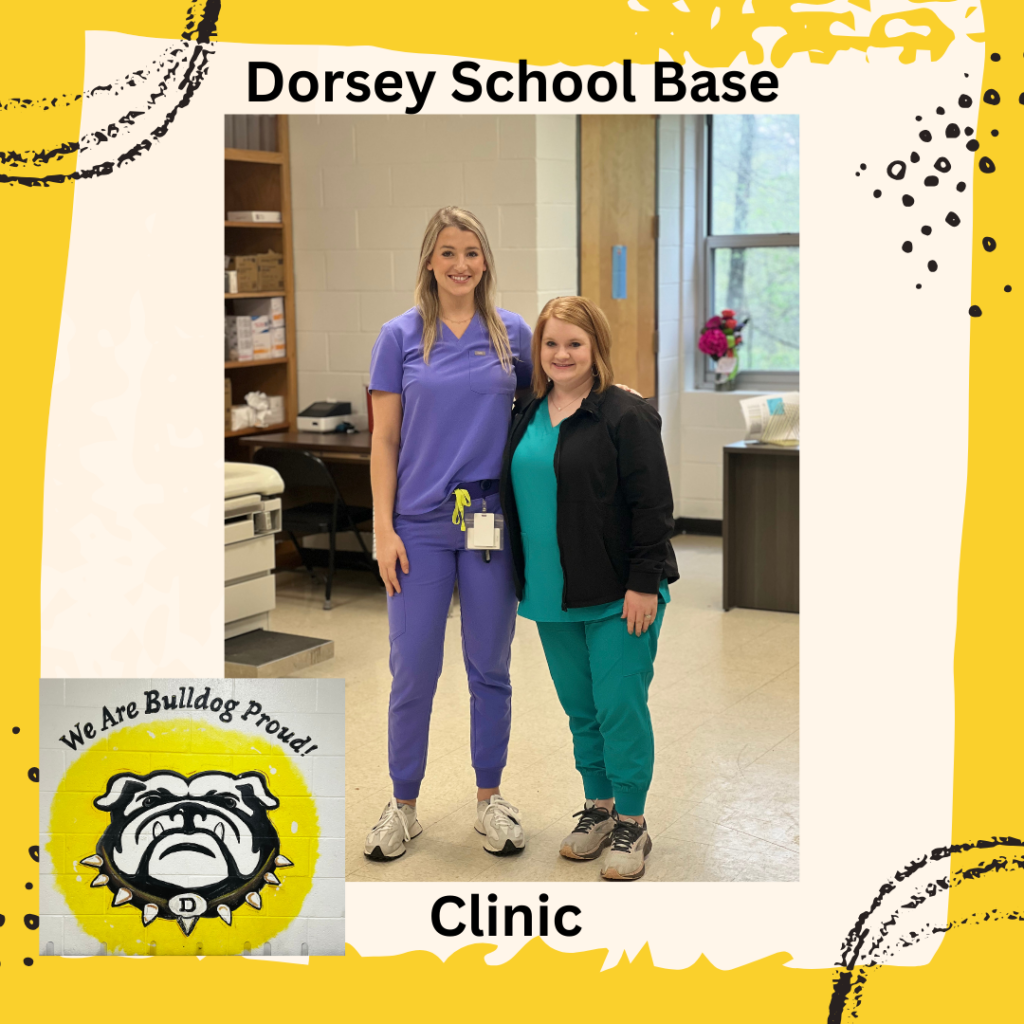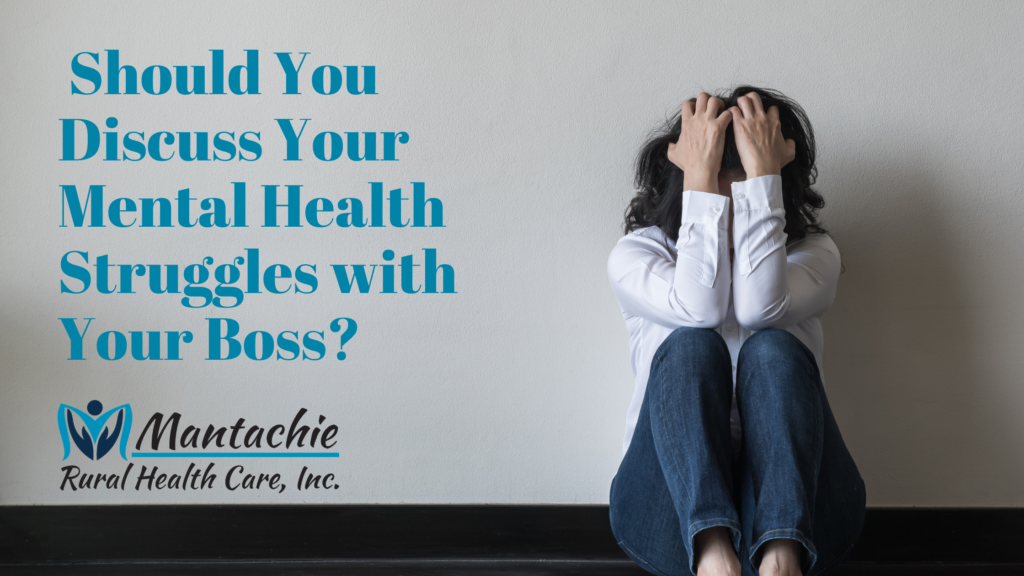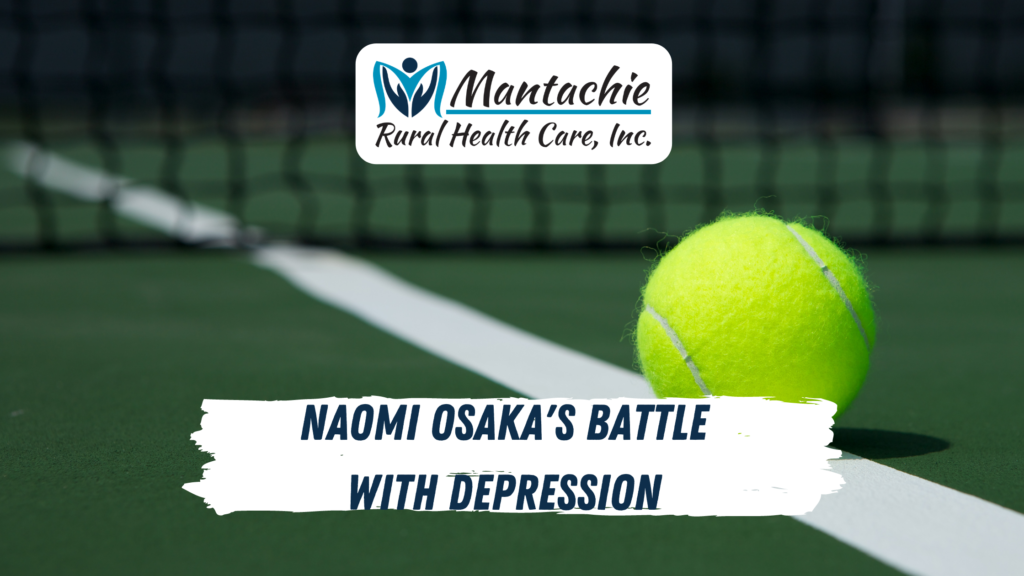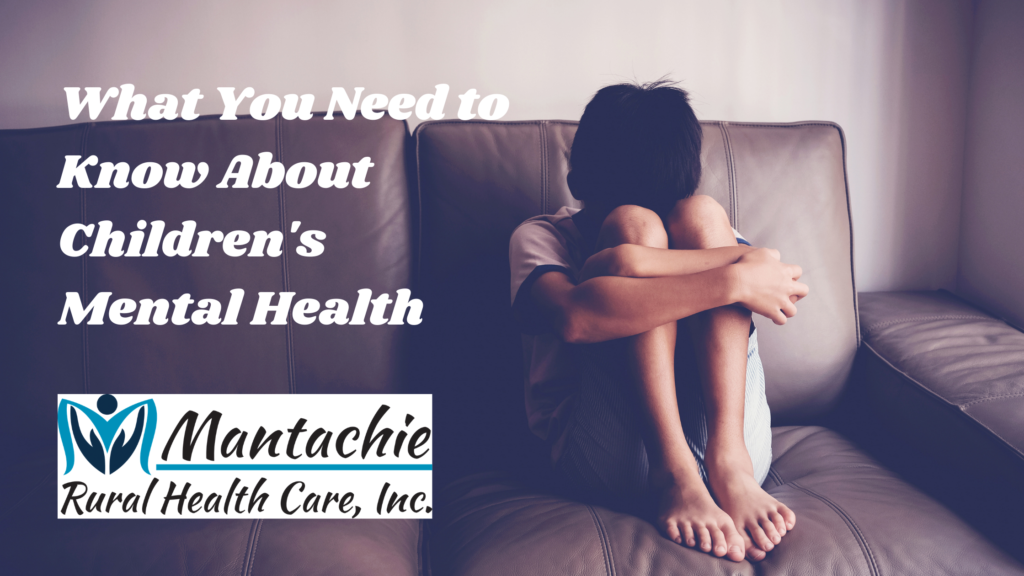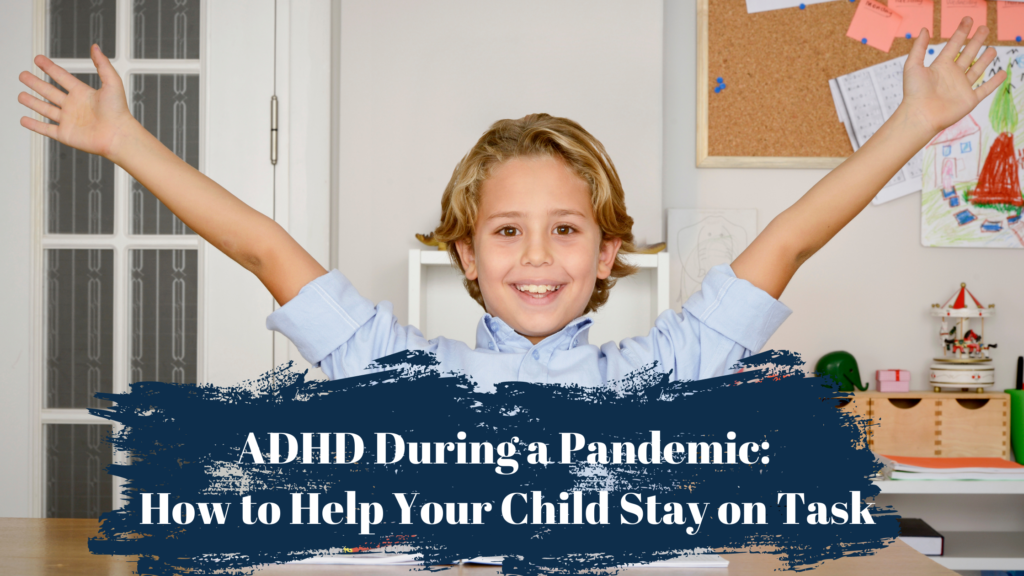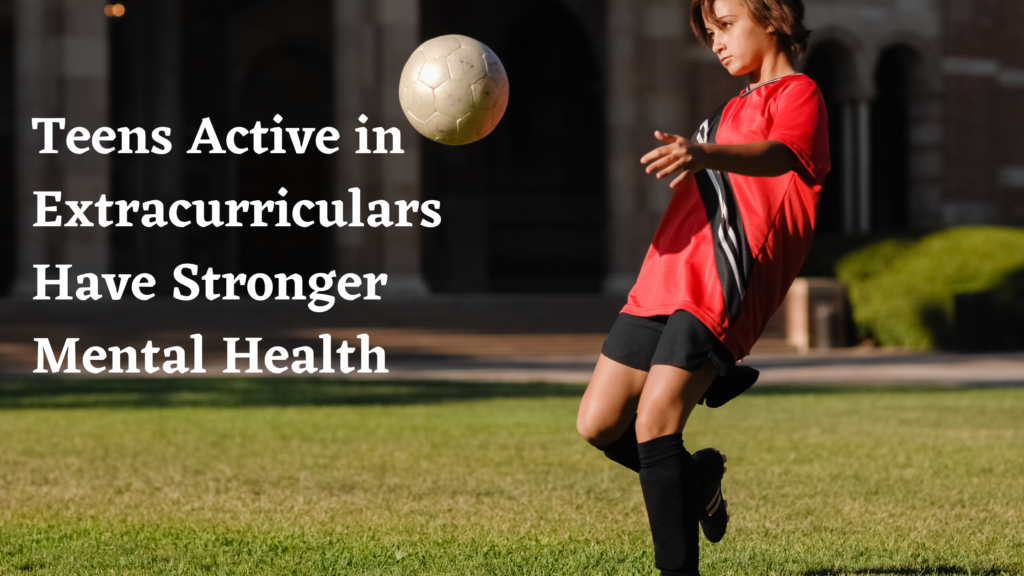
After a year’s delay due to covid-19, the Olympics finally returned in Tokyo on July 23, 2021. One of the first and most anticipated events to be televised was the women’s gymnastics team final. Sports fans across America and other parts of the globe gathered around the television to watch the young female competitors of Team USA.
One gymnast, in particular, was at the top of everyone’s conversation. Simone Biles is a four-time Olympic gold medal winner and World Champion. Some consider her to be one of gymnastics’ greatest of all time. Fans waited with baited anticipation for Biles to take her turn in the team competition. But when Biles began her vault routine, it was clear that something was amiss with the world’s most decorated active gymnast.
During her vault routine, Simone Biles began experiencing the “twisties,” a very real condition affecting gymnasts. The twisties is a loss of air awareness that can result in catastrophe for the gymnast. It was this event that led to Biles’ decision to pull out of the rest of the team competition’s events.
Biles’ decision stunned everyone from her teammates to sports announcers to the fans watching from home. Her choice stirred up even more controversy when she shared the reason behind her difficult decision. Biles decided to withdraw to “do what’s right for me and focus on my mental health.”
Biles’ initial statement didn’t give much away about what exactly happened, but she later took to Instagram to share more details. “Honestly petrifying trying to do a skill but not having your mind and body in sync. 10/10 do not recommend.” Along with her statement, Biles shared a video from practice that was later removed, in which she was clearly struggling on events she normally mastered.
What We Can Learn from Simone’s Mental Health Struggles
In a later interview, Biles was asked what was the biggest misconception about her mental health. She responded, “That I was at no risk, and that mental health isn’t a serious issue.”
Perhaps it’s hard to believe that one of the greatest athletes of all time could possibly be struggling with mental health issues. But Biles experienced deep trauma as a sexual abuse victim of former Olympic physician, Dr. Larry Nassar, and has shared that she was depressed during the 2016 Olympics.
Biles has clearly learned how important it is to take your mental health seriously. She made no commitments to compete in any further competitions at the Olympics until she felt stronger mentally. On Tuesday, August 3, 2021, Biles returned to the competition to compete in the balance beam event, an event for which she won a bronze medal.
Biles was initially unsure if she would return to the Tokyo games and made no apologies for putting her mental health first, despite the criticism she received from some commentators and fans. She understood that until she was able to improve herself mentally, she was no good to her team.
Pressing the pause button to focus on her mental help was probably one of the best decisions Biles could have made. Burnout, depression, and anxiety are as real as any other mental health condition.
If you are struggling to keep your head above water, and it’s affecting your normal day-to-day life, it is time to focus on your mental health. This may mean taking a temporary break from work or other life responsibilities to get well. You may receive criticism like Biles, but those who truly care and know you well should show support.
Mantachie Rural Health Care offers behavioral health counseling and other services to help our patients get back on track. If you are struggling with mental health issues, don’t keep suffering alone. Click here to request your appointment with one of our mental health specialists.

